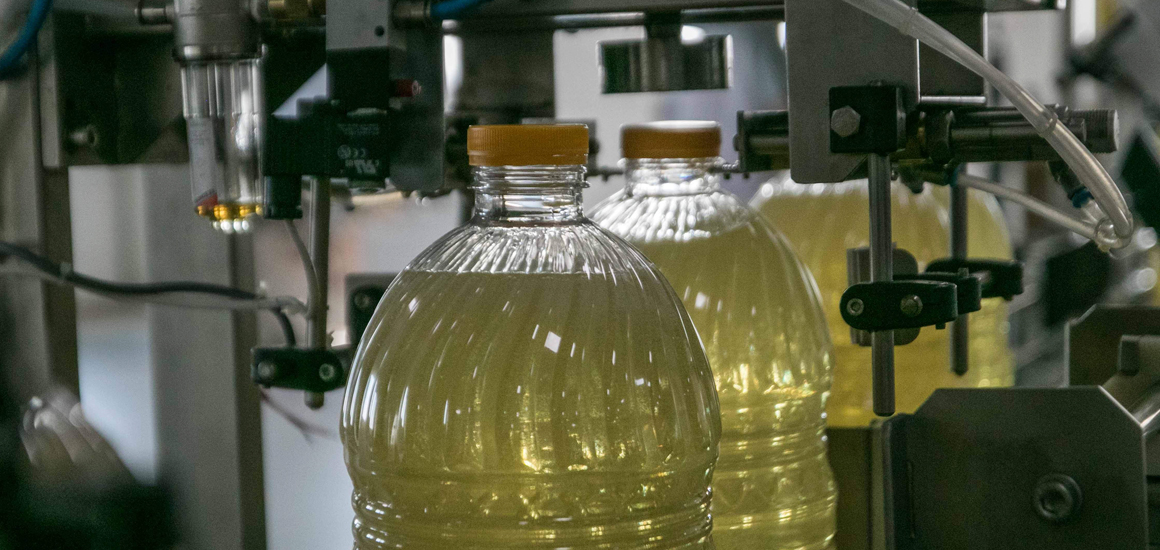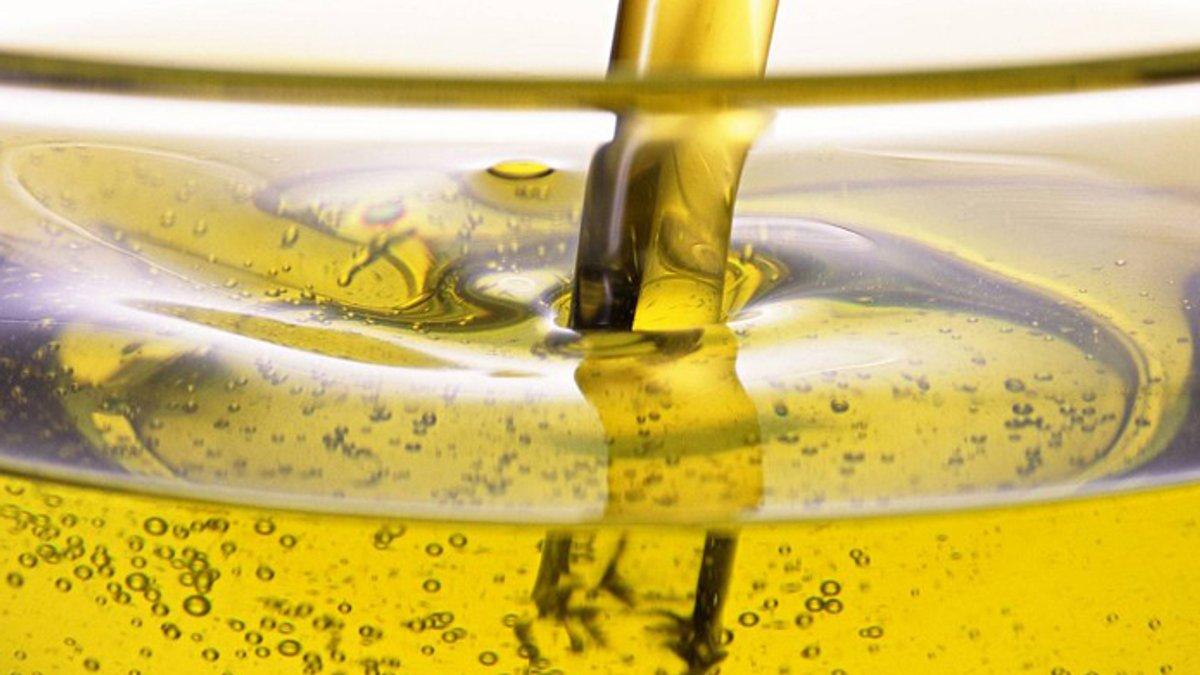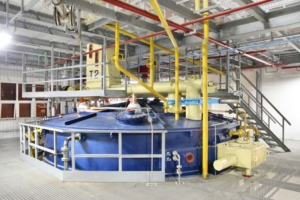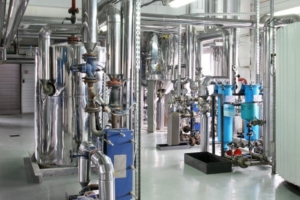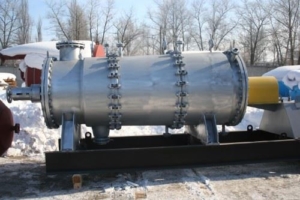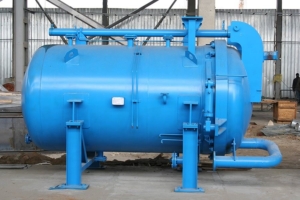Oil filtration: what you need to know?
- 04.03.2023
- 6864
- Соняшникова олія
Filtration is part of the vegetable oil production process. Purification is an important stage, as it allows you to remove various impurities, including wax, pigments and other substances that impair the quality of the product.
Wax can cause a sediment formation when the oil cools down, and pigments affect color and clarity of oil. Purification of sunflower oil allows you to get a clean and high-quality product that will retain its nutritional properties longer.
Oil production technology
Sunflower oil is produced by mechanical pressing or chemical extraction of fats from sunflower seeds. The production process may vary depending on the type of oil and the technologies used. General scheme is as following:
- Cleaning of raw materials: the seeds or fruits are cleaned of foreign impurities such as husks, stones and sand.
- Grinding: after cleaning, the seeds are ground to a paste condition.
- Roasting: The seeds or fruits of plants can be roasted to increase the level of fat extraction.
- Pressing or extraction. Fats are extracted from seeds using a mechanical press or chemically. A mechanical press squeezes out the oil under pressure, while chemical extraction uses solvents to extract oil from sunflower seeds or other crops.
The oil obtained by pressing is suitable for use after filtration. Filters remove all mechanical impurities from it, and the product remains pure.
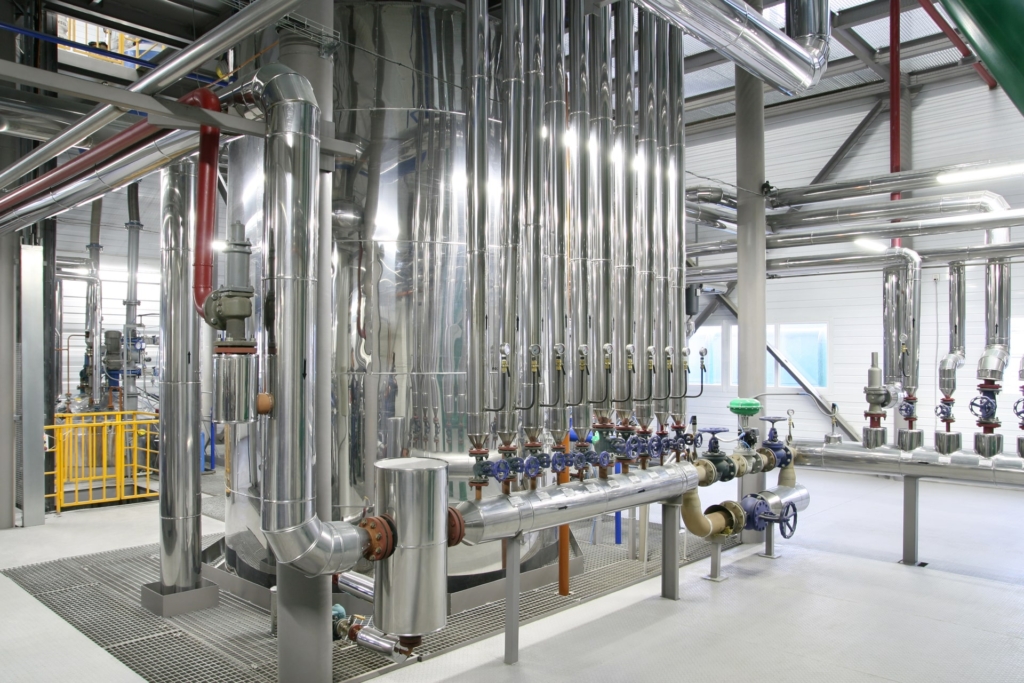
The extracted oil should be refined and deodorized to improve its quality and remove odor. Processing includes the stages of degumming and neutralization, bleaching, winterization and deodorization. The refined oil undergoes additional purification in a police filter.
The finished product is bottled for sale or stored in tanks.
Oil purification
Purification is the process of removing mechanical impurities from vegetable oils, such as seed particles, dirt, sand, or metal particles, in order to improve product quality. The purification process includes several stages:
- Preliminary or “rough” purification. At this stage, the oil is fed to a sludge trap to remove large suspended mechanical impurities (oil sludge) from the crude oil by means of gravity sedimentation and further separation of sediment (oil sludge) from oil.
- Filtration – removal of all small mechanical and non-fat impurities from the oil.
Depending on the type of oil and the required level of purification, the treatment process can be more or less complex. Equipment may also vary.
What types of oil filtration lines exist?
There are several different types of vegetable oil filtration lines, depending on the technology used and the quality requirements of the final product. The most common types are:
- Line of fine filtration. This type is used to remove small particles and impurities from refined oil. The line can include one or more police filters, which are used to remove contaminants.
- Line of coarse filtration is used to remove large particles in vegetable oils that may result from the oil pressing process. The line can include simple mesh filters or other types of equipment to remove large particles.
- The deep filtration line is used to purify the product from impurities and contaminants of various sizes. It can include several filtration stages, including coarse filtration, fine filtration, and “polishing”.
- The winterization line is used for oil purification at low temperatures. It is designed to remove waxy impurities from oils that may form at low temperatures.
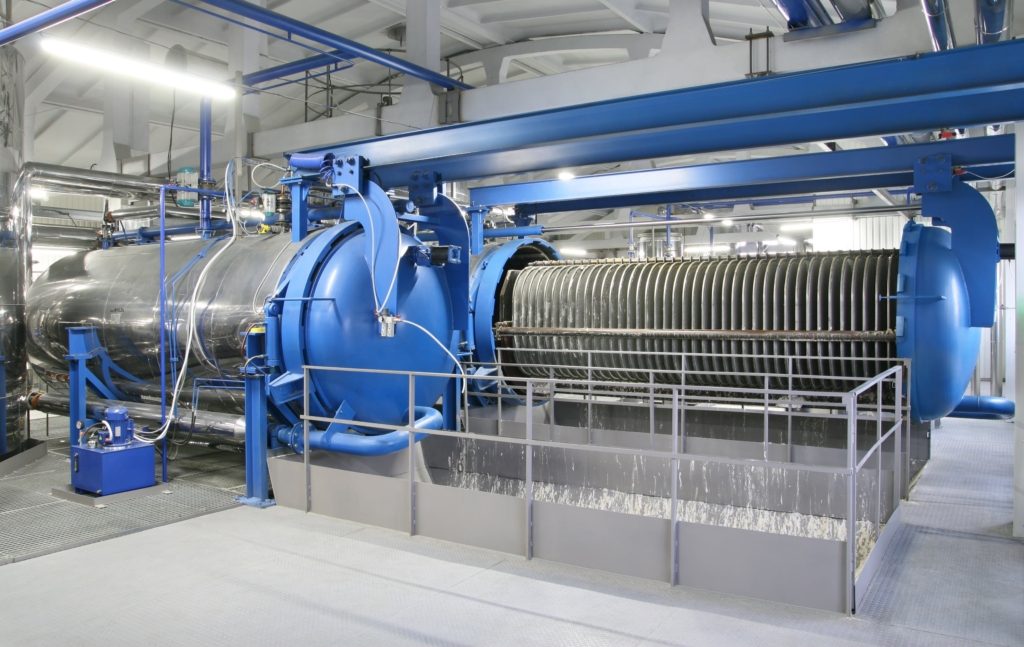
Lines can have different capacities. The capacity determines the output, which is measured in tones per day.
Depending on the requirements for the final product and production technology, you can choose the appropriate vegetable oil filtration line to achieve optimal product quality. TAN offers high-quality vertical and horizontal filters, primary purification lines and other equipment for oil production.


